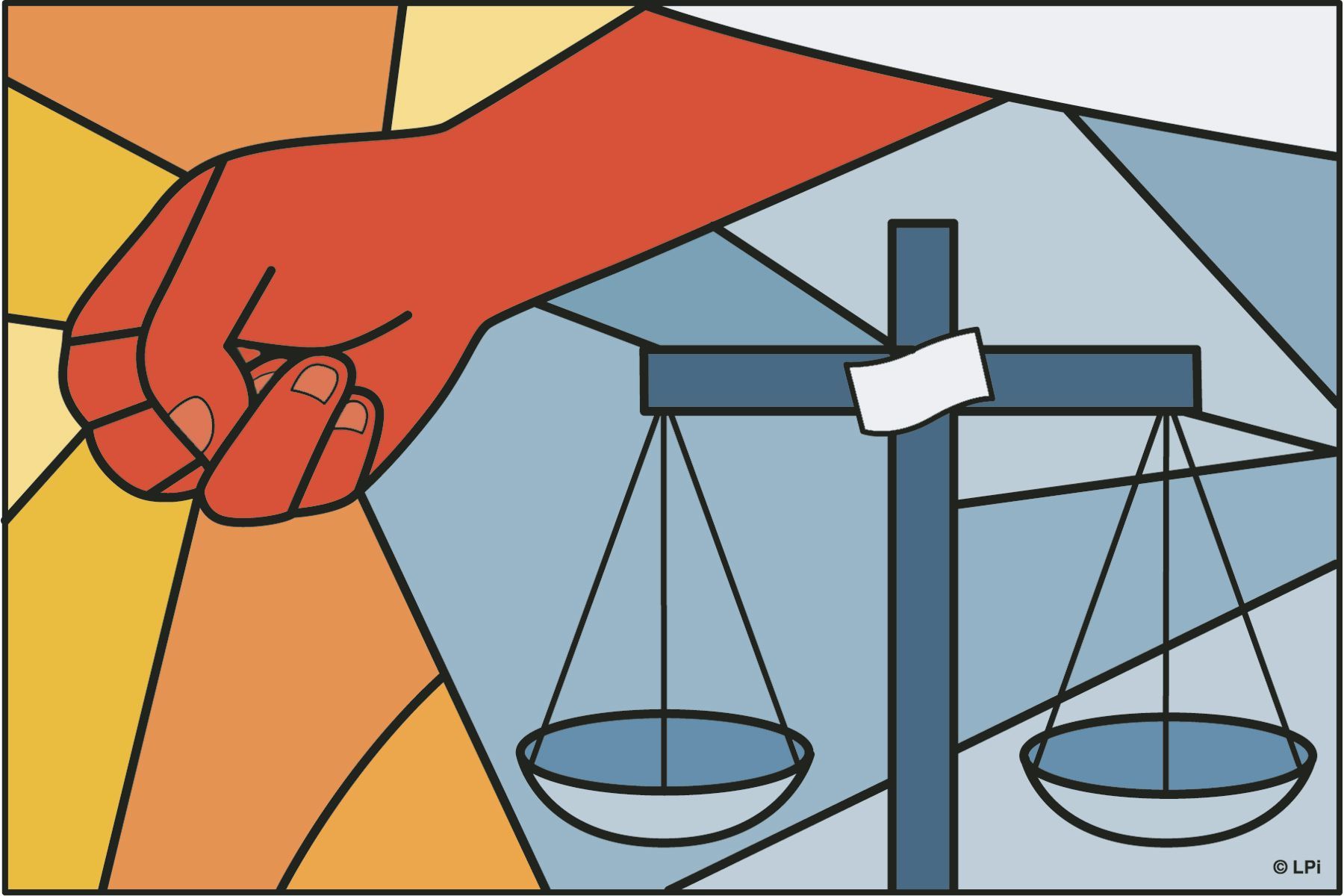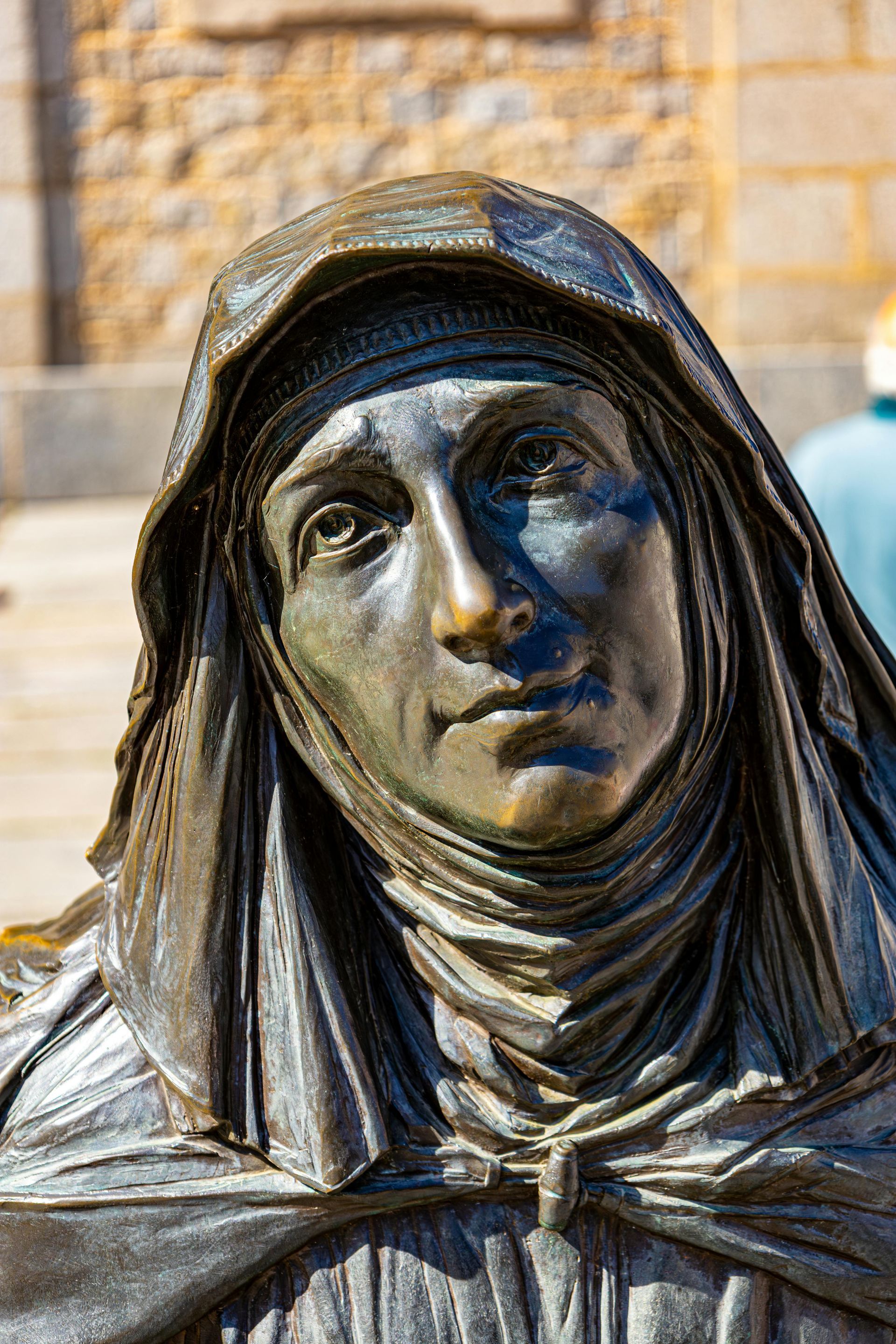11th Sunday of Ordinary time B / June 16, 2024
11 th Sunday of Ordinary time B
June 16, 2024
This week we began the part of the liturgical year called Ordinary time. After the seasons of Lent, Easter and the Solemnities of The Holy Trinity and The Body and Blood of Christ we enter Ordinary time. This time is called ordinary because there are no major feasts in these days. We will be in ordinary time until we begin the new liturgical year with the first Sunday of Advent. These days are much like our lives, these are ordinary days. We get up, we go through our days, we look for the presence of God in our days. These days are ordinary that in these days our God acts in ordinary ways. In ordinary time we are like the farmer in today’s parable. We plant seeds that grow without our knowing how. We wake one day to discover a new harvest where barren soil was just a few days before.
This parable reminds me of the trees I purchased for my parent’s 25 th wedding anniversary in 1987. They were small trees today they provide much shade for the yard. They tower over the top of the house. How did this happen? It happened day after day, one day at a time. Today my parents are not here to sit in the shade of these trees. They have gone home.
Today in our third reading, St. Paul speaks about being home and away from home and the need for courage as we wait to go home. St. Paul reminds us that our home is not here on this earth, our home is with God. While we are away from home, “we walk by faith, not by sight”. We are courageous while we are away. Often courage is about the willingness to live one day at a time. We wait and hope. We place our faith in what we have heard from our Lord. We have faith in what we have not seen yet. “We walk by faith, not by sight.”
We walk by faith, but our God offers us glimpses of what is to come. My friends in the Cursillio movement speak of “close moments” those times and occasions where God feels close or present. Close moments are not always found in the walls of a church. A close moment may take place in a family gathering, on a hillside, in a garden, in a card or phone call. We may not see fully, but we are given glimpses of our true home.
I am reminded of a meditation by the late Cardinal Bernardin.
Benadin wrote in his book The Gift of Peace;
“Many people have asked me to tell them about heaven and the afterlife. I sometimes smile at the request because I do not know any more than they do. Yet, when one young man asked if I looked forward to being united with God and all those who have gone before me, I made a connection to something I said earlier in this book. The first time I traveled with my mother and sister to my parents’ homeland in Tonadico di Primiero, in northern Italy, I felt as if I had been there before. After years of looking through my mother’s photo albums, I knew the mountains, the land, the houses, the people. As soon as we entered the valley, I said, “My God. I know this place. I am home.” Somehow, I think crossing from this life into life eternal will be similar.”
Last week St. Paul reminded us that in this life we dwell in a tent, that is temporary. We wait and with faith we wait for our eternal home in heaven. In this life we walk “By faith, not sight.” Someday we will see the fullness of our home in heaven. In the meantime, we look for glimpses of the world to come. Like a farmer, we watch day by day and in time we see the fullness of our home to come.






